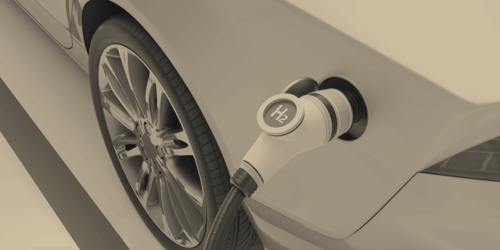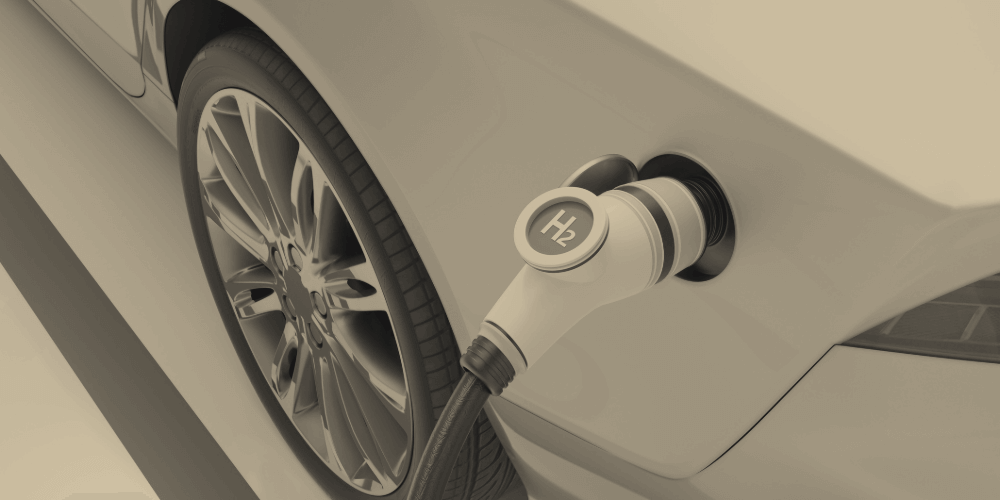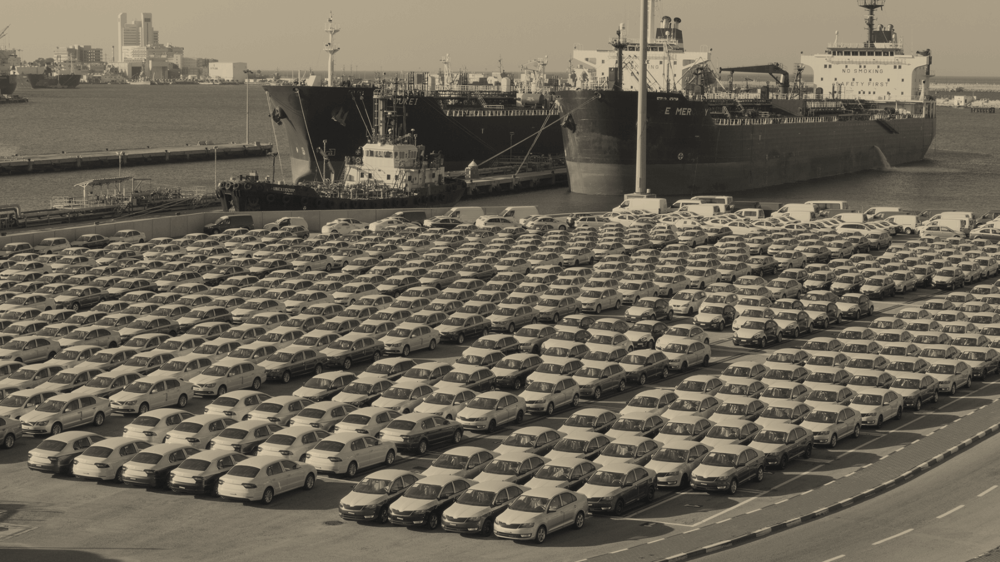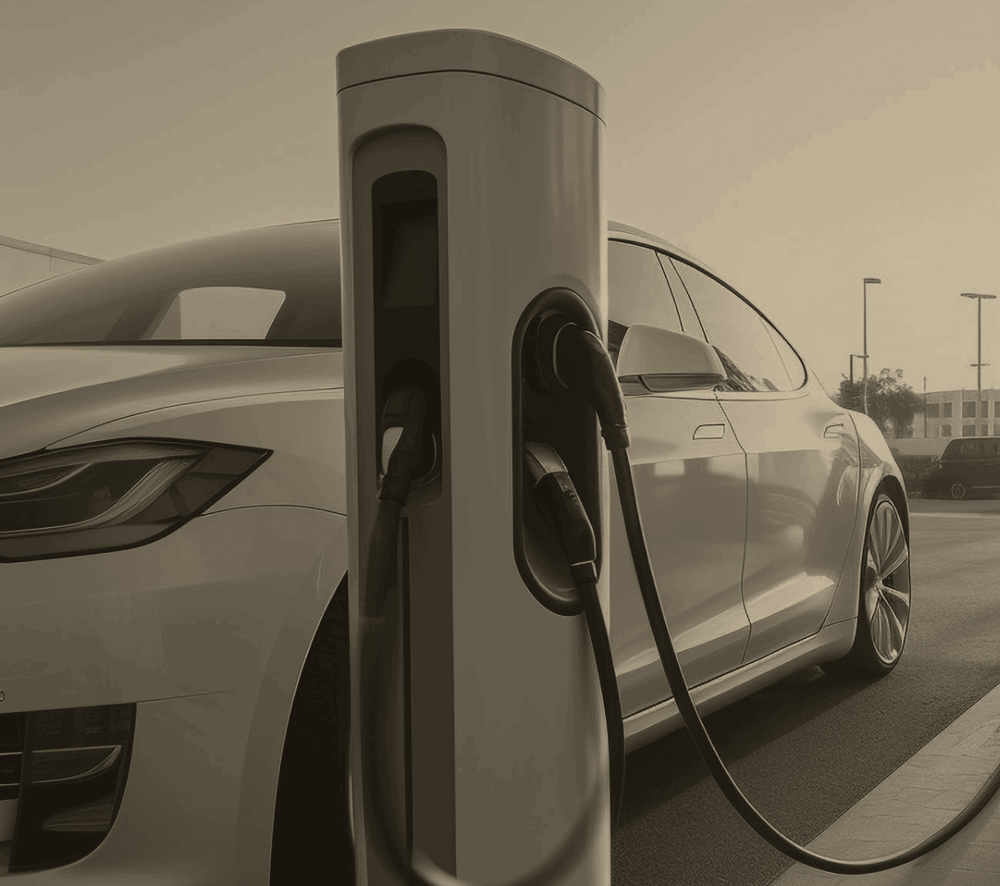Industry Briefing #19
Automotive industry highlights

- Reading time
- 1 min
- Words
- The Briefing
- Published date
- September 23, 2024
The Briefing keeps consultants ahead by unpacking essential trends and emerging questions they can answer through market research.
On this week’s issue: Auto brands are developing hydrogen vehicles and adding advanced automation to cars. Tesla’s robotaxi is set to launch in October 2024, and Jeep engine fires are being investigated. Electric delivery vans are also providing more sustainable options for the logistics industry.
Questions to Stay One Step Ahead
In many ways, the auto industry feels like it has hit a turning point. The industry is shifting away from traditional vehicles and moving toward more eco-friendly options. However, consumers haven’t fully made the switch to these new vehicles. Innovative marketing tactics will be necessary to get today’s consumers fully on board with these promising new technologies.
Questions to consider include:
- Hydrogen fuel cells: How do consumers perceive hydrogen-powered vehicles? What barriers to adoption are the most significant?
- In-car AI software: How do consumers feel about in-car software programs? What types of automated features do they look for when purchasing a vehicle?
- Robotaxis: Are consumers interested in autonomous rideshare programs? Would they trust autonomous taxis from Tesla or from other well-known brands?
Interested in launching a study on these topics?
Reach out to Potloc today to jumpstart a market research study for your strategic projects.








